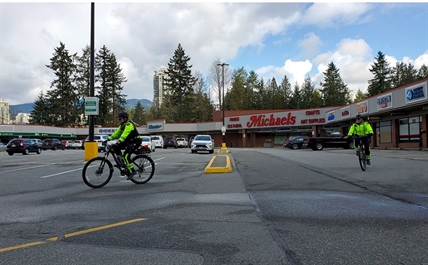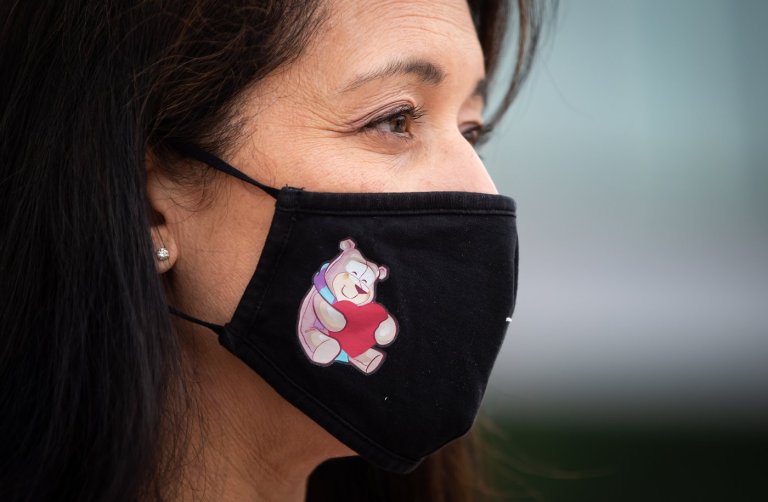Call volume hasn’t changed under pandemic response, Kelowna RCMP says

Kelowna RCMP report that the COVID-19 pandemic has not impacted crime since the province imposed a gradual lockdown over the past few weeks.
“We have not noticed a change in crime patterns, increased or decreased calls yet,” RCMP Cpl. Jocelyn Noseworthy wrote in an email, April 2.
While she was not available for further comment, Darren Caul, the City of Kelowna’s community safety coordinator, was able to offer a bit of an explanation since he reviews some of the same data.
Part of the problem, he said, is that files can take several days to be processed, coded and added to the data.
He hasn’t noticed anything in terms of trends in areas that the city is most concerned about, such as property crime and thefts. He does not review data on things like traffic accidents or domestic assaults.
Caul said it will likely be a couple of weeks before trends can be identified.
What has changed is how police go about doing their jobs.
For one thing, they’re now making sure their cars are cleaned at the start and end of every shift and may be wearing more personal protective gear like masks, eyewear and gloves, Noseworthy said.
“We recognize that this change in our appearance may be somewhat alarming to the public, but please understand that this measure is only taken in order to ensure everyone’s health and safety,” a brochure outlining some of the changes to RCMP operations notes.
When people call 911 they are more likely to be asked COVID-19 related questions by dispatchers.
“The RCMP will be more visible in our communities to deter individuals who may be looking to commit a crime as companies temporarily close up during the pandemic,” the brochure states. “We are monitoring and making sure our presence is known in areas that contain businesses that are closed down for the duration, to help offset any potential criminal activity.”
Noseworthy also pointed out that RCMP officers are well trained in dealing with infectious illnesses.
“As police officers we routinely have to take precautions due to contacts with individuals and communicable diseases,” she wrote. “Our members deal with exposure to bodily fluids and other hazards regularly, so our training and procedures have always focussed on reducing those risks.”
Front counter service hours have been scaled back and the police have stopped civilian fingerprinting services, Criminal Record and Police Information checks, Noseworthy wrote.
To contact a reporter for this story, email Rob Munro or call 250-808-0143 or email the editor. You can also submitphotos, videos or news tips to the newsroom and be entered to win a monthly prize draw.
We welcome your comments and opinions on our stories but play nice. We won't censor or delete comments unless they contain off-topic statements or links, unnecessary vulgarity, false facts, spam or obviously fake profiles. If you have any concerns about what you see in comments, email the editor in the link above.
Join the Conversation!
Want to share your thoughts, add context, or connect with others in your community?
You must be logged in to post a comment.


















